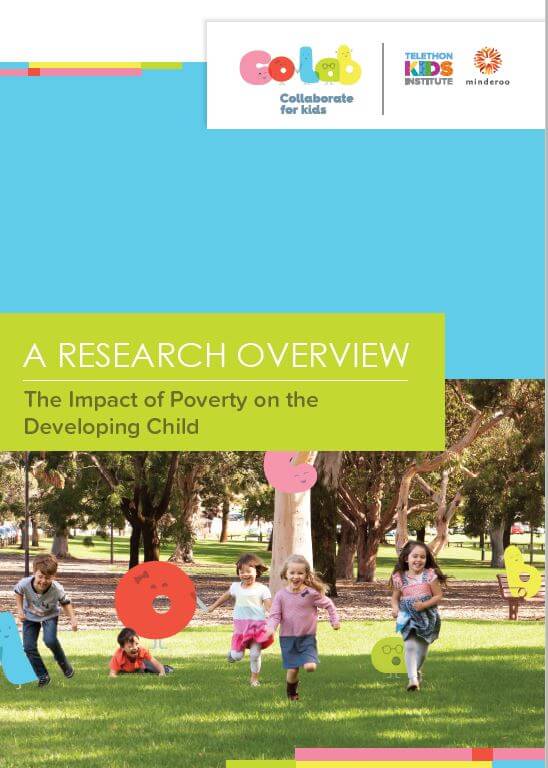Search
The Institute is committed to mitigating its exposure to modern slavery risk in our operations and impact.
Protecting your privacy is important to us. This policy explains how The Kids Research Institute Australia collects, uses, and safeguards your personal information.
Our vision for reconciliation is a future where Aboriginal and Torres Strait Islander children and families experience equity in health, wellbeing and opportunity – empowered by partnerships grounded in respect, collaboration, and benefit.
Find information for the Healthy Pregnancy & Me brochure for health professionals.
Information from the Healthy Pregnancy & Me brochure for health professionals on what the definition of a healthy pregnancy weight is.

Early childhood is increasingly recognised as a critical time for the development of executive function.
The early years of life are characterised by significant opportunity, rapid change and accelerated development which is unparalleled by any other stage.
The harmful consequences of growing up amidst adversity provide a compelling reason for intervening to improve young children’s outcomes.
Research
Implementation of on-line training modules in paediatric Aboriginal lung healthAndré Schultz MBChB, PhD, FRACP Head, BREATH Team Head, BREATH Team Prof André Schultz is the Head, BREATH Team at The Kids Research Institute
